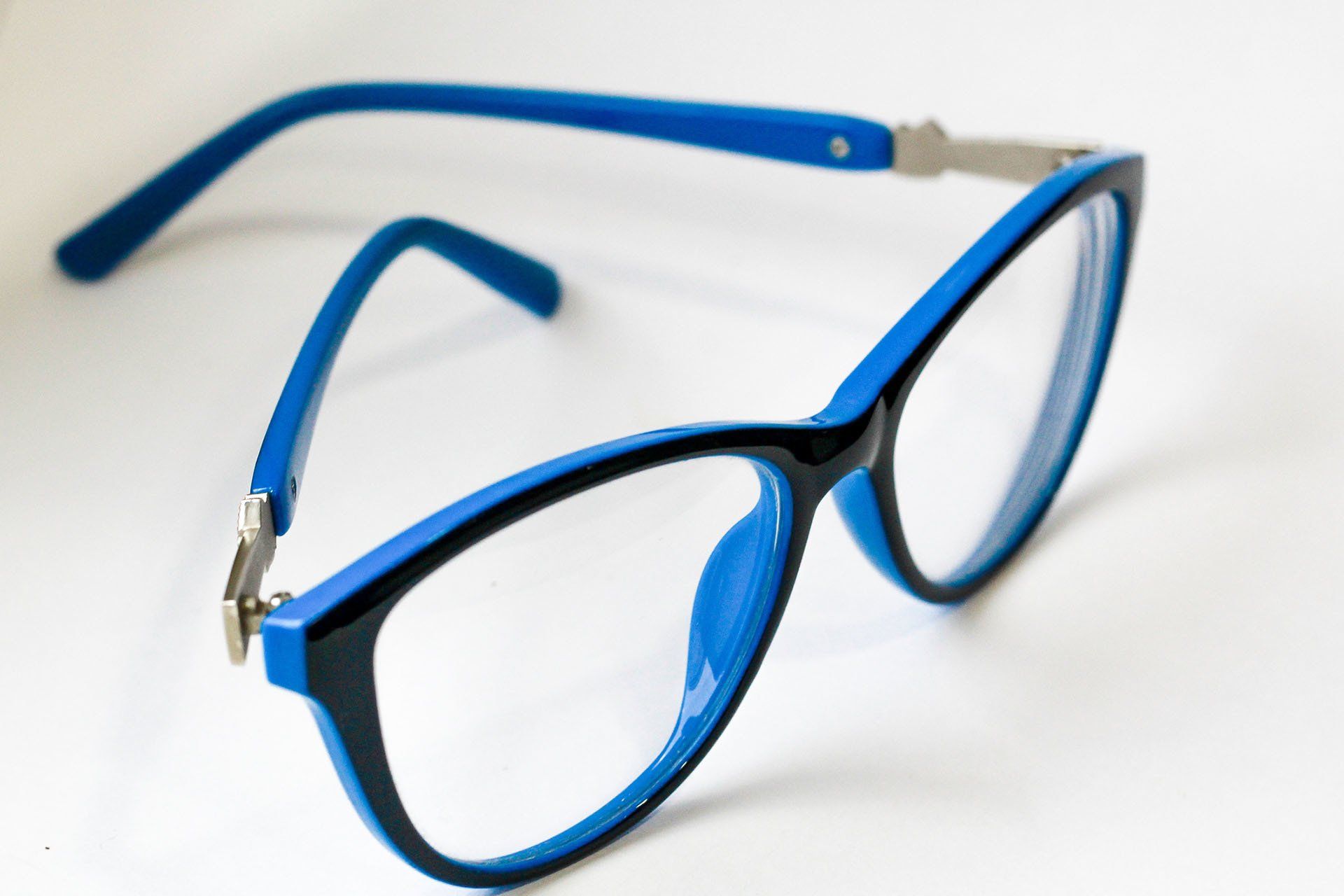4 Tips for Preventing and Managing Pink Eye
Pink eye, or conjunctivitis, is one of the most common irritations of the eye. Pink eye is characterized by inflammation of the membrane inside the eyelid and over the whites of the eye.
Whether you have school-age children, who are at a higher risk of pink eye, or are dealing with the condition yourself, a little knowledge can make dealing with pink eye a lot easier. Here are four tips for preventing and managing pink eye.
1. Know the Types of Pink Eye
While you should always assume that any exposure to pink eye is contagious, pink eye can be caused by a variety of factors that may or may not be contagious. The four main causes of pink eye are bacteria, viruses, allergies, and irritants. Bacterial and viral pink eye can spread easily from person to person, while allergy- and irritant-related pink eye is limited to the person exposed to the allergen or irritant.
Pink eye caused by bacteria and viruses is typically accompanied by a greater amount of mucus and discharge than non-contagious types. Visiting a doctor for antibiotic treatment is necessary to resolve the condition and prevent it from getting worse. Pink eye caused by allergies or irritants can often be remedied simply by removing the source of irritation.
2. Reduce Your Risk With Good Hygiene
Practicing good hygiene to limit your exposure to bacteria is the best thing you can do to prevent pink eye. Wash your hands often, and make sure all towels, washcloths, pillow cases, and other fabrics that contact your face are clean as well.
Bacteria and viruses that cause pink eye can also reach your eyes through your sinuses and mouth, so you need to be careful of all possible bacterial contact with your face, not just your eyes.
Even if no one you know exhibits symptoms of pink eye, you should avoid sharing objects that can transfer bacteria. Mascara and other makeup, eye drops, lipstick and chapstick, and even glasses can all transmit pink eye when they are shared.
Viruses and bacteria can also be transferred through water, so there is a possibility that swimming in public pools can cause you to catch pink eye or spread it to others.
3. Understand Pain and Inflammation Management at Home
You have a number of at-home options to manage pain and inflammation from pink eye. Over-the-counter pain relievers like ibuprofen can help with both pain and swelling. If your eyes are dry and itchy, lubricating eye drops can provide relief. However, you should avoid redness-relieving eye drops, as these can irritate your eyes further.
One of the best home remedies for pink eye is simply to place a warm, damp cloth over your eyes to reduce swelling and itching. Leave the cloth there until it cools, and then replace it. If mucus is causing your eyelids to stick together, a moist cloth can help break up dried mucus and bring you relief.
4. Avoid Recontamination and Transfer Between Eyes
Bacteria, viruses, and even allergens that cause pink eye can remain on the same surfaces for days or weeks, so it is possible to expose your eyes to pink eye again and recontaminate them after they have healed.
It is also possible to have pink eye in only one eye, so you should avoid touching the healthy eye with anything that comes in contact with the infected eye. Never reuse cloths, contacts, or makeup that you used previously when you had pink eye.
When you know how to care for your eyes when you have pink eye, you can make the condition much less uncomfortable, and it will typically clear up in two weeks or less. Contact us at Fraser Optical if you suspect you have pink eye or another eye infection so we can provide a professional diagnosis and treatment!












